2026_schubert,row-pictures,walker-worm-film,gerald_kerkletz.jpg?fit=max&w=800&h=1351&q=90&fm=webp)
Perfect chaos
25.11.2020 | German Short Film Award for "Maman Maman Maman"
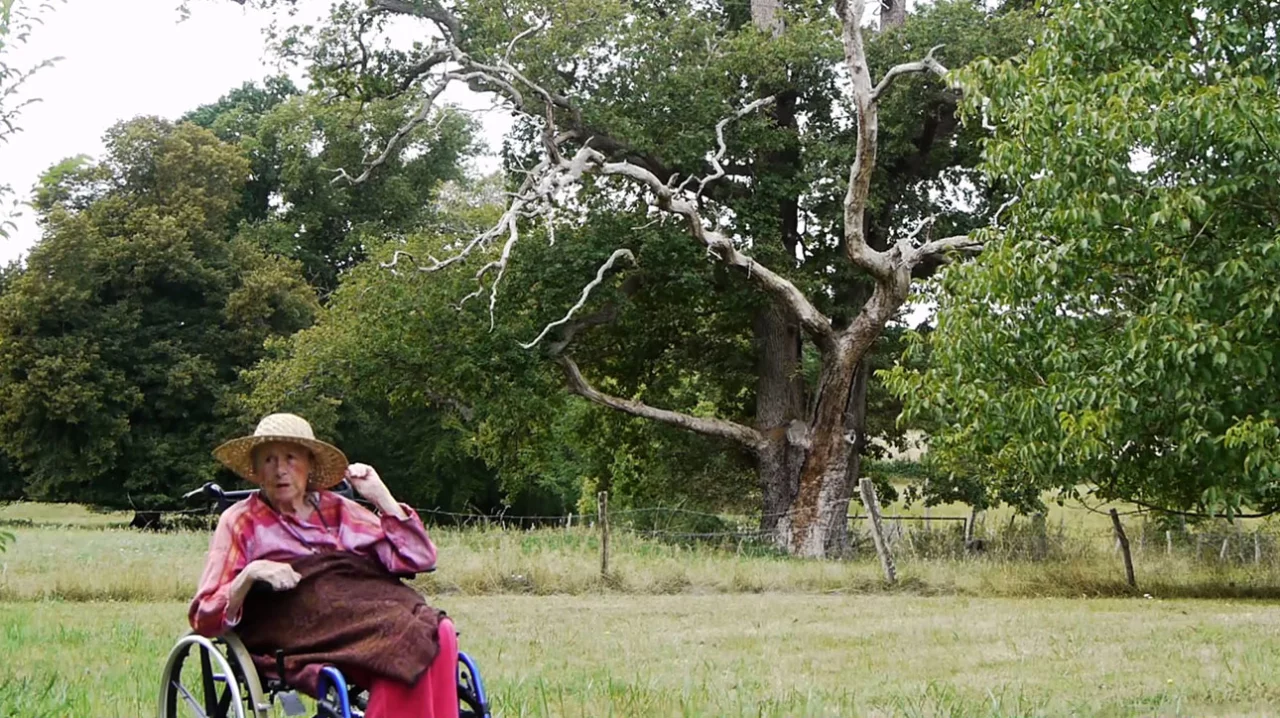
With "Maman Maman Maman", Director Lucia Margarita Bauer has created a tragic-comic short film about saying goodbye. This is the second time she has worked with Schleswig-Holstein-based Executive Producer Ann Carolin Renninger, who has now been honoured with the special prize at the German Short Film Awards. In this interview, Renninger reveals what makes working with Lucia so special and why she herself is referred to as a "signpost" in the end credits.
The film is an exciting and complex weave of different media. How long did it take to make the film?
Ann Carolin Renninger: We just had Lucia's first filmThe snake in the jar I finished her film in 2013 when she told me about her grandmother's funeral odyssey during a phone call. I took notice and said: "Luci, this will be your next film". She showed me some photos of the transfer of the coffin from Germany to France. The laughter in the weeping, the absurdity in this grief, already seemed like a finished film. You just had to make it. The enthusiasm immediately spread to the jury of the Berlin Senate, who approved the application for a research grant.
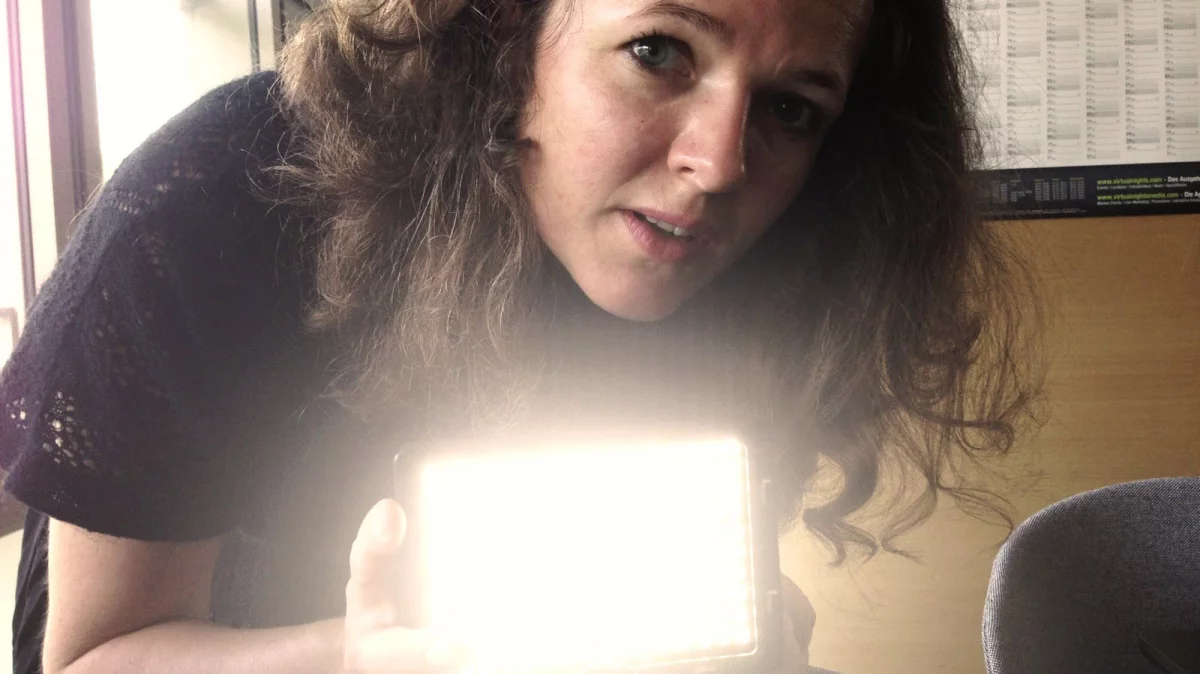
So work on the film could begin seamlessly - and soon afterwards Lucia became pregnant. The experience of motherhood perhaps steered the film, which we initially saw as finished, in a much broader direction and in the end became the momentum that gave the film its title. This shift in life priorities was an important point in the process, as the diversity of material in the increasingly convoluted rough cut grew from year to year. This would probably still be the case if it hadn't been for the film's funding officer, who wanted to close the file at some point. And here we have to thank Filmwerkstatt Kiel in two ways: firstly for the freedom and patience they gave us and secondly for the pressure necessary for the final realisation. Because what had accumulated over several years was condensed and arranged into the finished film in just a few weeks. And then there were the odd sleepless night. The film premiered in Rotterdam in January 2019.
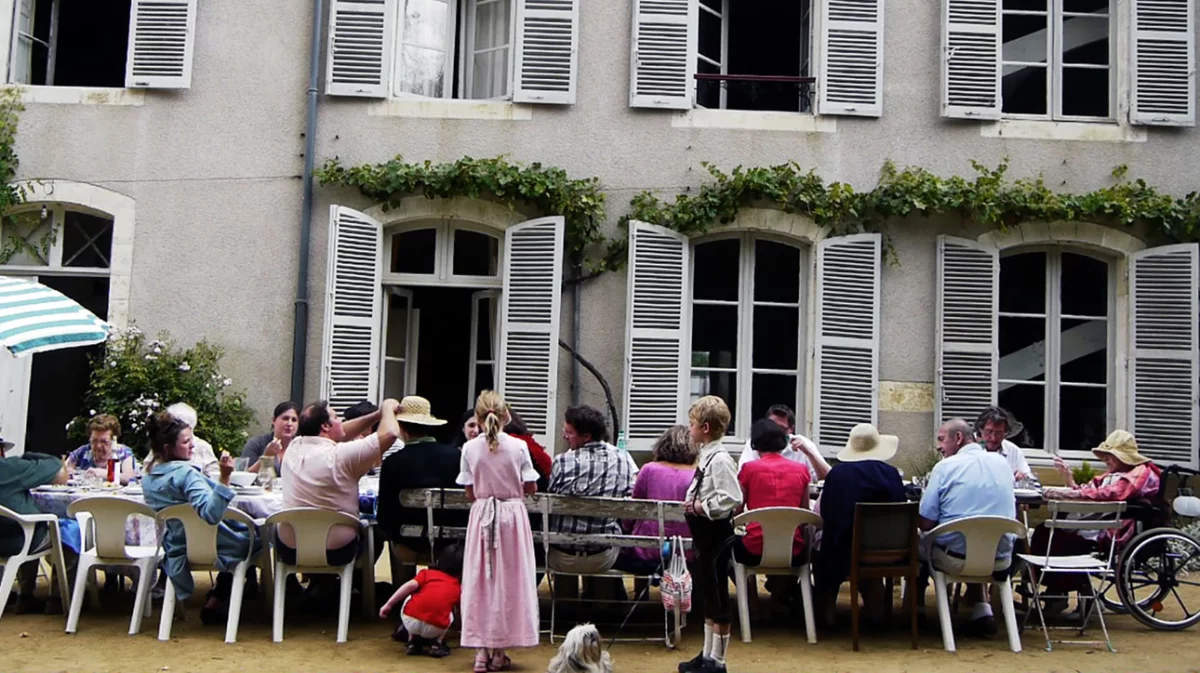
In the end credits, you appear as "Wegweiserin". Tell us a bit about how you came up with the title.
Ann Carolin Renninger: This is much more in line with how we perceive ourselves and our work. Lucia and I have known each other for a very long time, from a time before making films. Our collaboration feels very familiar. That's why it seemed logical to us to break with the usual attributions of film credits and look for our own terms. This also applies to what used to be called "editing", then "montage" and now increasingly "editor". René Frölke uses the term "arrangement". This reflects a way of working that is more akin to the production of popular music. Here it is important to recognise the musician's personal style and, if necessary, to complete it.
In turn, "signpost" describes my work very well - because my aim is to follow the wrong paths as far as necessary. Observing which dead ends are relevant and which lead to walls and recognising this in good time. And then pointing the way again. And that's how we decided on this title.
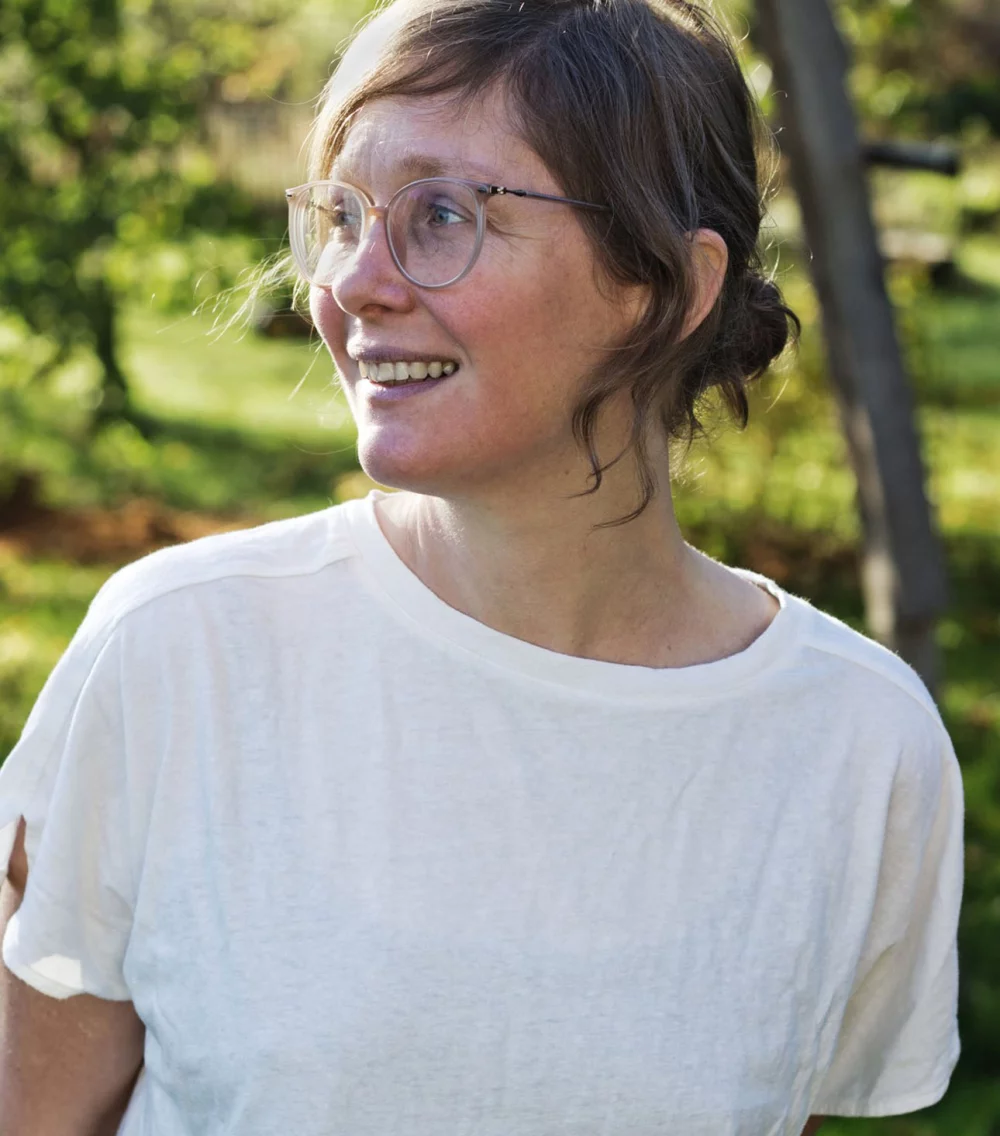
"Maman Maman Maman" is your second collaboration with Lucia Margarita Bauer. How did you come together for "The Snake in the Jar"?
Ann Carolin RenningerI met Lucia Margarita Bauer almost twenty years ago in Strasbourg. We were both studying there - she at the art school and I was doing an exchange semester at the university. We actually got to know each other because I liked her flatmate's elegant leather shoes so much. One day I visited him and from then on I was friends with Lucia.
Lucia moved away from Strasbourg because she found her studies too restrictive and went to Berlin to study at the UdK. We only saw each other from time to time, but about ten years later, when I also moved to Berlin, our friendship became closer again. She mentioned her graduation film "The Snake in the Jar" and was a little unsure about it. I watched the film together with René Frölke - and we were both immediately convinced by the unorthodox narrative style. The rhythm of the editing and the inclusion of writing and various materials, from Super8 to 90s mobile phone sounds, had already merged into their very own style. It was perfect chaos. We encouraged Lucia to leave the film exactly as it was. That's how our collaboration began. We sent the film to Nyon and the festival director at the time, Luciano Barisone, immediately invited it.
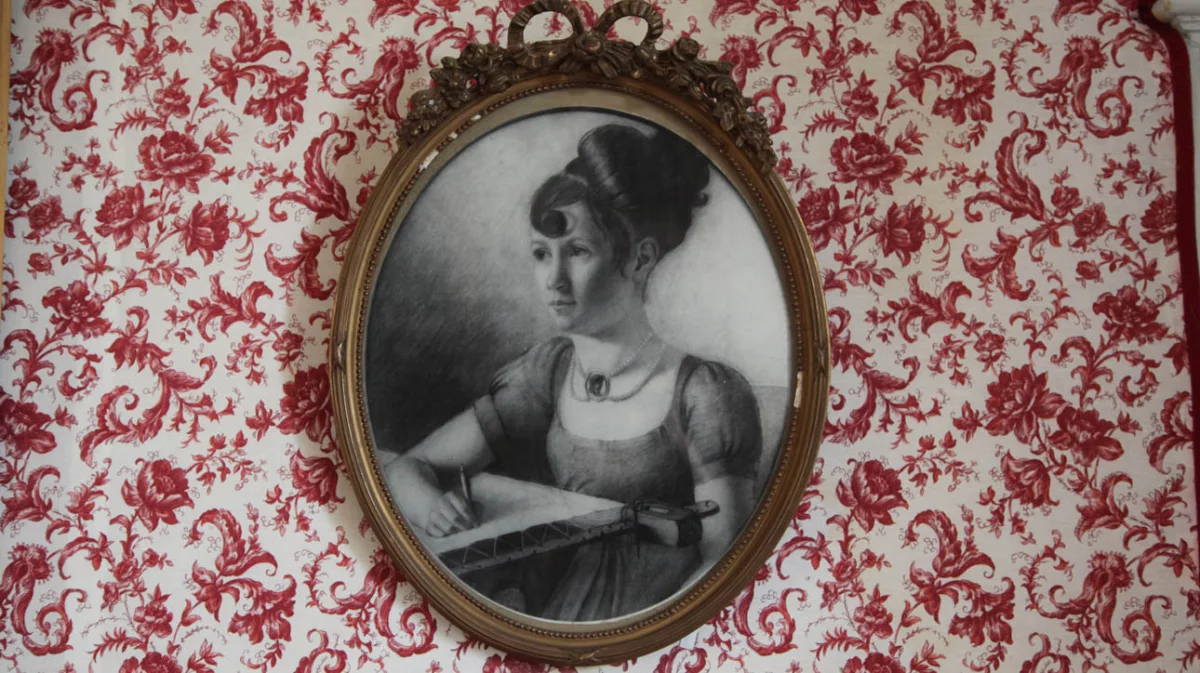
What makes Lucia different from other female filmmakers?
Ann Carolin Renninger: Even when we first met, I was fascinated by Lucia's very unconventional approach to reality - often overriding it with her humour. She has retained this idiosyncrasy and it shines through each of her works in a very sensitive and humorous way. It is often the simple things in life that come under her transformative gaze. I think that her training as a goldsmith has just as much influence as her passion for collecting and her talent as a singer, mother and photographer. Lucia stepped out of her bedroom window at 15 and conquered her own world. Part of the journey she embarked on back then is told in her first film "The Snake in the Jar".
I think she differs in that she doesn't necessarily see herself as a filmmaker, but simply wants to tell stories. She doesn't exclude anything, but accepts and passes on. She surrenders to the chaos. It is stronger than she is. Lucia makes use of the things she encounters with great inner freedom. It's a very generous way of making a film, because it's not primarily about her, but about the story that happened to her.

First the German National Gallery's Advancement Award for Film Art, now the optional special prize of 20,000 euros at the German Short Film Awards. What makes "Maman Maman Maman" so special?
Ulrich Matthes said at the award ceremony for the Förderpreis für Filmkunst that the film reminded him of a reading experience of "Memory Speaks" by Nabokov because of the "oscillating layers". This shows how she manages to set things in motion that lie a few layers deeper. For example, book covers from her father's library are incorporated into the film, seemingly wildly interspersed. However, we don't find out where they come from; instead, they form a kind of deep psychological level that weaves itself associatively into the plot and has the effect of broadening its horizons.
I could list many more such details, all of which have the effect of changing the viewer's experience of space and time. All of this is only possible, and this is what distinguishes the film, because the moving image, sound, graphic elements, titles and subtitling are all equal elements that work together in their own rhythm to tell the story.
In 2017, you made your directorial debut together with René Frölke: "Aus einem Jahr der Nichtereignisse" screened at the Berlinale and caused quite a stir. Are you focussing more on Directors or more on production in the future?
Ann Carolin Renninger: For me, the categories don't play such a big role. For me, the focus is always on ensuring that what I do remains feasible and human. I make sure that I don't work on too many projects at the same time and I make sure that I have as much freedom as possible when it comes to financing. Because only with this freedom is it possible to make films that are different, that break new ground. I work very closely with René Frölke, who is also my life partner, and we support each other in all our projects. This is of course a luxurious attitude that is not easy to reconcile with earning money. It's quite a balancing act that puts us to the test time and again.
At the moment, it looks like I'll continue working with the filmmakers I'm already working with and otherwise mainly want to realise my own things. In addition to making films, this also involves making books, another passion of mine.
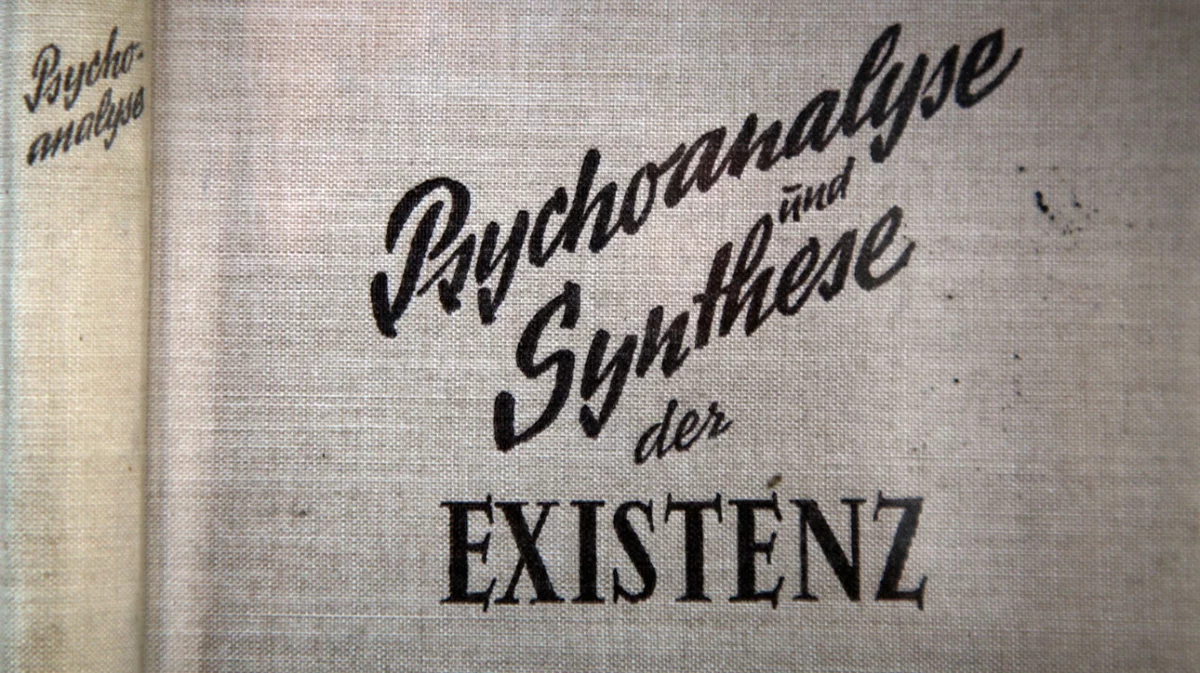
Until recently, you lived in Berlin, but now you've returned to your home in Schleswig-Holstein. It probably couldn't be more contrasting. What do you like about Schleswig-Holstein as a filmmaker?
Ann Carolin Renninger: We live very secluded in the countryside and this peace and quiet and the proximity to nature naturally allow much more inner freedom than life in the city. I was also born here and I realise that the countryside and the Baltic Sea in particular have a very calming, clarifying effect on me. There are fewer distractions, but also less input, which has its advantages and disadvantages. After ten years in Berlin, it seems like an appropriate move. We're still in close contact with our network in Berlin and it's only slowly becoming more connected up here. But growth takes time.
more articles
2026_schubert,row-pictures,walker-worm-film,gerald_kerkletz.jpg?fit=max&w=800&h=1351&q=90&fm=webp)



.jpg?fit=max&w=800&h=2320&q=90&fm=webp)

